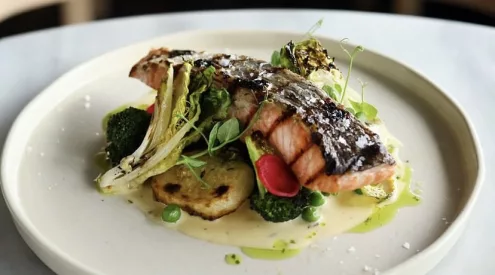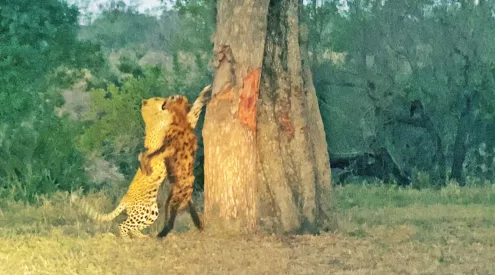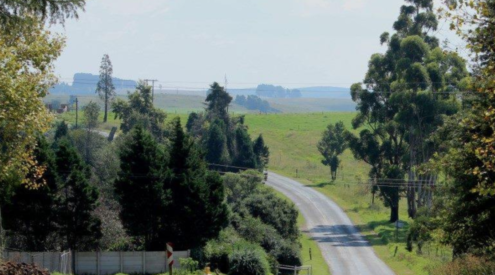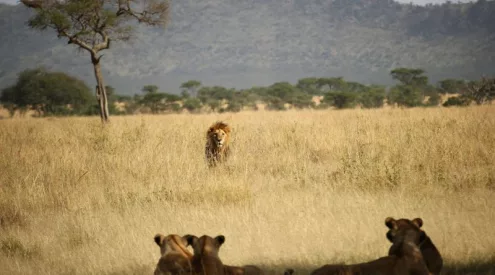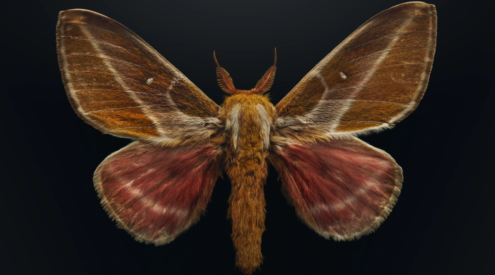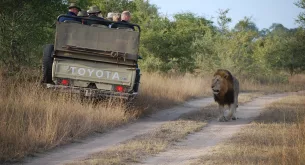September was rhino month and on the 22nd the world took part in International Rhino Day by showing their support. In spite of countless efforts made by the public and various organisations, rhino poaching is still a major problem and we are losing our precious rhinos by the day.
Rhinos have populated the earth since prehistoric times and are regarded as one of the largest remaining megafauna on the planet. Sadly, in the last few years humans have decimated the population largely due to the distressing fact that rhino horn has become a coveted product on several black world markets.
All five of the world’s diverse species of rhino have been brought to the edge of extinction. Two of these species (White and Black rhino) are native to Africa and three to southern Asia (Indian, Javan, and Sumatran rhino). Of the remaining 20 000 rhino in Africa, 93% occur in South Africa and more than 600 have been killed in less than two years.
Rhino poaching is categorised into two groups which are known as subsistence and commercial poaching. Subsistence poaching involves small-scale rhino hunting namely used for survival and for sporting purposes. On the other hand, commercial poaching involves the slaughtering of rhinos on a large scale purely for materialistic purposes and for personal financial gain.
The illegal rhino horn trade is mainly linked to traditional pseudo-scientific medicinal practises and ornamental purposes that belong to numerous Far Eastern cultures. From Malaysia and South Korea to India and China, it is believed that rhino horn can cure a variety of ailments. For centuries, rhino horn has been regarded as a highly sacred and useful product amongst ancient Asian peoples.
The horn of the rhino has garnered quite a bit of historical notoriety. In Greek mythology, the horn was believed to possess the ability to purify water, and the ancient Persians of the 5th century thought that vessels carved from the horn could be used to expose poisoned liquids via the sign of bubbling.
In Traditional Chinese Medicine (TCM), the horn is shaved or ground into a powder and dissolved in boiling water, and is used to treat fever, rheumatism, gout, and other disorders. According to the 16th century Chinese pharmacist Li Shi Chen, the horn could also cure snakebites, hallucinations, typhoid, headaches, carbuncles, vomiting, food poisoning, and devil possession. Recently sparked myths in Vietnam have increased the demand for rhino horn as these new superstitions stipulate that the horn can be used to cure life threatening cancer. Apart from the use of rhino horn in TCM, other animals are also exploited for their “˜medicinal’ assets such as tiger penis, bear bile, and turtle plastron.
Western scientific medicine has proven that the horn does not hold any medicinal properties and dismisses the biggest misconception of them all that when in powdered form the horn becomes an aphrodisiac. The Swiss pharmaceutical firm Hoffmann-La Roche conducted tests and declared that rhino horn had no effect on the human body whatsoever.
Rhino horn is also used for ornamental purposes in China and Yemen. The ancient Chinese crafted ceremonial cups as well as buttons, belt buckles, and hair pins out of rhino horn, and the Middle Eastern people of Yemen and Oman use the horn to make handles for traditional curved daggers called “˜jambiya’ or “˜khanjar’.
Since World Rhino Day, 282 rhino have been slaughtered in South Africa. Now, the toll has risen to well over 300 since then and is increasing weekly. As a well-educated society we need to dispel these false historical hocus pocus myths and superstitions surrounding the rhino horn in order to educate Asian communities and to fight the poaching scourge.
Show your support by visiting http://www.stoprhinopoaching.com/ and donate money or purchase anti-rhino poaching merchandise. You can also buy a Rhino Force beaded bracelet priced at R30 from any Exclusive Books store. With every bracelet sale, R8 will go to the Rhino Force Trust to be used in anti-poaching activities. Rhino Force is working in collaboration with the Endangered Wildlife Trust (http://www.ewt.org.za/), the Johannesburg Zoo, Lead SA, 50/50, and various other organisations.
If you are suspicious of anybody that could be involved in rhino poaching, or you know of someone who is actively involved in black market rhino horn dealings, please contact the anti-poaching hotline on 0800 205 005.

